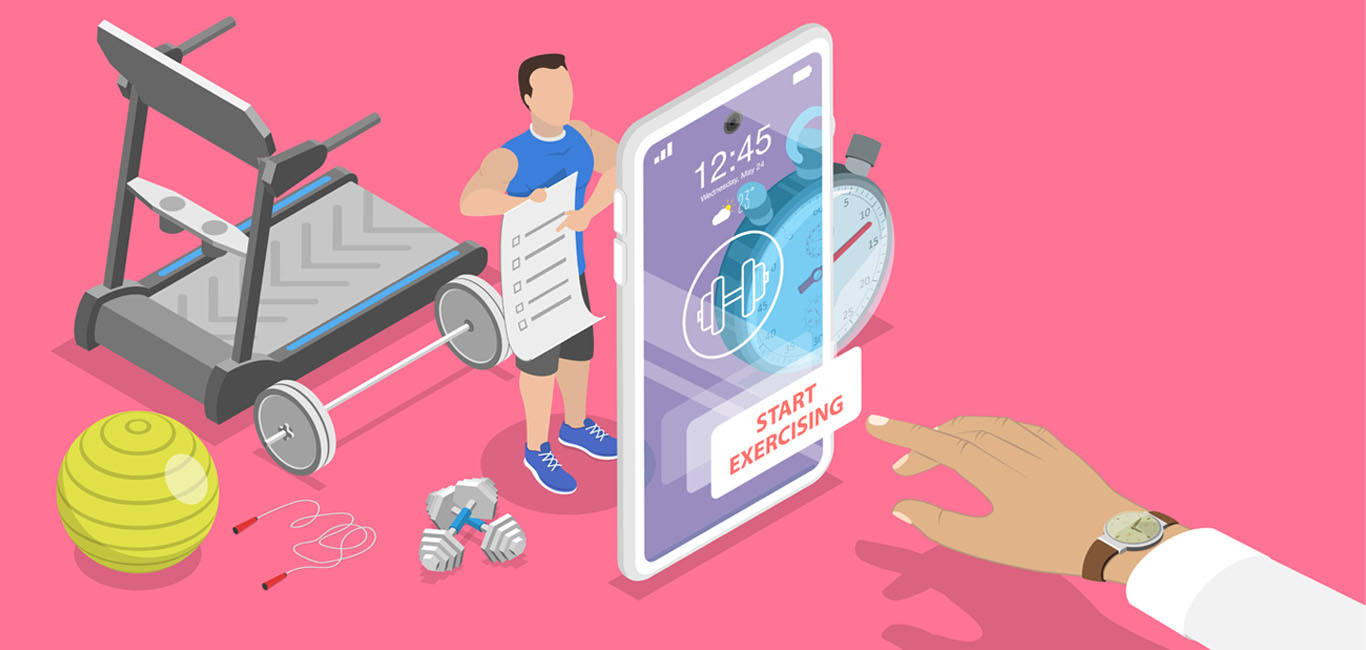
With an estimated one billion people worldwide being obese, there’s an urgent need to make treatments for the condition simpler, easier to follow and more accessible. And while online weight-loss programmes could help with this, there has been a lack of evidence to show how well they work, until now.
Researchers from Brown University in the United States recently have published a study showing the efficacy of a fully automated, behavioural obesity treatment programme.
During the 12-week programme they found that the most engaged individuals were able to lose 7.2% of their body weight, the least engaged individuals lost 3.4% of their body weight, and individuals with jobs lost 5.8% of their weight.
“Our study shows that primary care clinicians can help their patients seeking to lose weight by providing them with an automated online program based in behavioural science that is very low-cost and does not overburden busy providers,” said J. Graham Thomas, a professor at Warren Alpert Medical School of Brown University, a corresponding author of the study.
The researchers said this was among the first time an automated obesity treatment program had been tested in a large primary care network, involving over 1,700 individuals. They noted that previous trials involved intense researcher involvement in a primary care setting to ensure participants remained involved and engaged.
In this online program, the study participants were asked to follow a healthy diet containing more of fruits and vegetables, regular physical activity and further this program helped in the development of behavioural skills in the participants.
To motivate and keep the participants engaged in the program they were given goals for weight loss (at least 10% of body weight), daily food intake (i.e., 1,200-1,500 kcal/d for patients weighing ≤113 kg and 1,500-1,800 kcal/d for patients weighing >113kg) and the gradual increase in the physical activity levels to 200min/wk (from moderate to vigorous-intense).
The online program also included options for choosing different food styles like a Mediterranean style or self-monitoring using commercially available apps of smart phone in order to reduce their energy and fat intakes.
The individuals were further asked to report their self-reported body weight information each week using the web portal after being instructed to weigh themselves at least once per week, ideally every day.
The program recommends that participants have a scale at home to enable regular weighing or use a scale that is accessible in the neighbourhood (for example, at a neighbourhood gym).
On average, the programme which required participants to self-report their weight, calories consumed and minutes of physical exercise daily, saw a 5.1% drop in weight on average during the 12-week reporting period. They said most eHealth obesity treatments report a 2.5% body weight loss on average in the same period.
The participants would receive a weekly report that was generated automatically, without the intervention of medical staff. Prof. Thomas told Happiest Health that this was one of the biggest benefits of the automated online treatment, removing the barrier of cost as well as accessibility for individuals.
“This fully automated and online program can therefore be provided to large numbers of patients at much lower cost than standard in-person treatment programs,” said Prof Thomas.
While many people participating in such weight-loss programmes will regain lost weight over a period of a few years, Prof Thomas says there are still benefits.
“However, research typically shows that having lost the weight and slowly regained some or all of it has health benefits comparing to never having lost the weight. Continued treatment contact can help slow or stop the regain,” added Prof. Thomas.
Online interventions for weight loss can also target younger generations who are at ease with modern technology and for patients who would rather not discuss their private issues in front of a group. Additionally, the Internet makes it possible to simultaneously communicate with many people, including those who are located far away.

















